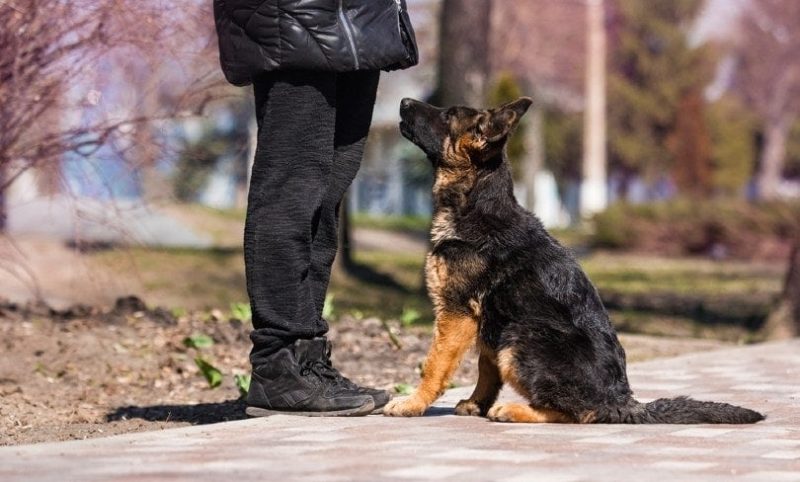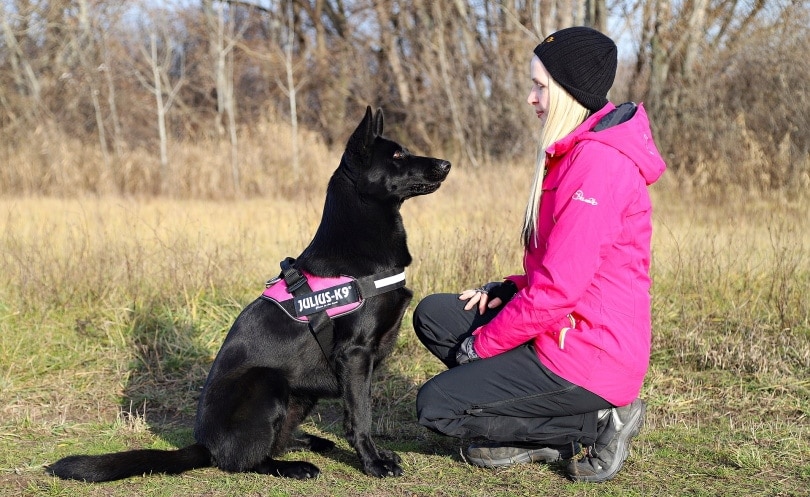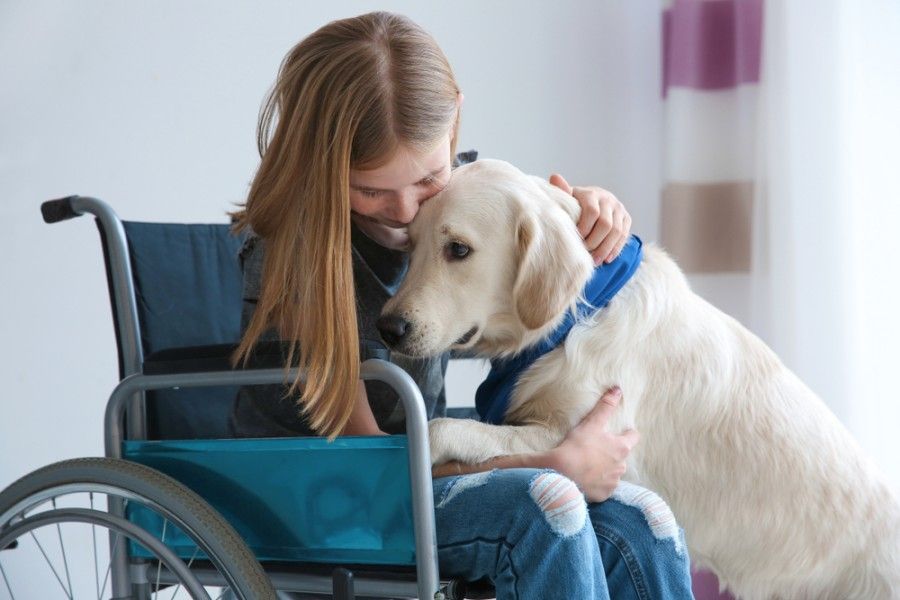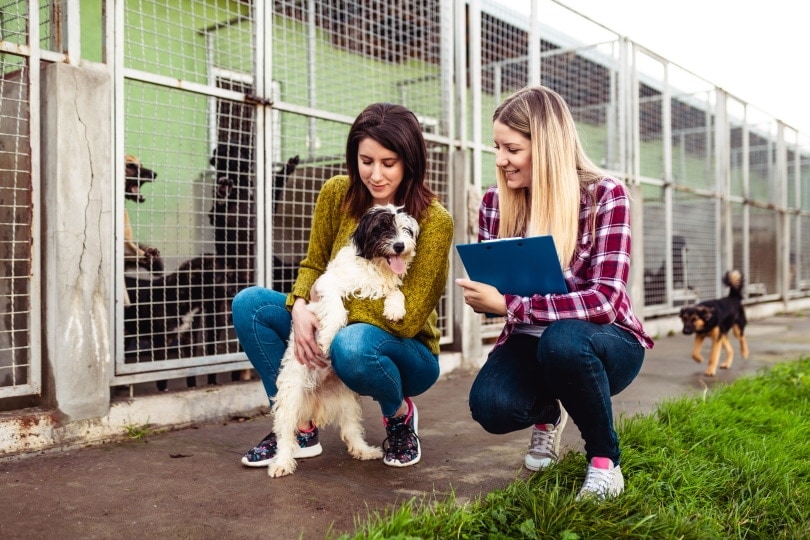Can Dogs Smell Cancer in Humans? What The Science Says

Updated on

We all know that dogs are man’s best friend, but did you know that they may also be able to detect cancer in humans? That’s right—according to recent studies, some dogs have been able to sniff out cancer with an accuracy rate of 97%! Let’s take a closer look at how this works and what science has to say about it.
How Can Dogs Smell Cancer?
The dog’s sense of smell is up to 10,000 times more acute than that of humans 1. This means they can detect odors that we cannot, including certain disease related chemicals that are released by tumors.
What Are the Dogs Sniffing?
Cancer emits unique chemicals. It’s possible that there are several compounds that dogs can smell. One type that has been studied is called volatile organic compounds (VOCs). These VOCs are expelled in very small amounts through a person’s breath, skin, and urine. Studies have shown that certain dogs can be trained to detect VOCs associated with cancer. In one study, Labrador retrievers were trained to discriminate between the breath samples of people with lung cancer and those without the disease. The dogs were able to do this with 97% accuracy 2. In another study, a dog was able to correctly identify skin cancer lesions 100% of the time.
While there is still much research to be done in this area, these findings suggest that dogs may one day be used as inspiration for “cancer-sniffing” machines in hospitals and clinics. They could be especially helpful in detecting hard-to-spot cancers, such as ovarian cancer, at an early stage when treatment is most successful.

What Kind of Cancers Can Dogs Detect?
At this point, dogs have been found to be able to detect lung cancer, bladder cancer, colorectal cancer, ovarian cancer, prostate cancer, and malignant melanoma 3. Of course, more research is needed in order to confirm these findings and determine if dogs can detect other types of cancer as well.
Will Dogs Be the Standard for Cancer Testing in the Future?
If dogs can smell cancer and emit no radiation, they’re a perfect solution, right? Well, not exactly. According to Scientific American, we perform such a high volume of lab tests around the clock on a daily basis that it would take a lot of dogs – an entire dog workforce. You’d have to manage their meals and waste. They also need specialized training and have relatively short life spans, meaning it would be unrealistic (and likely unfair to the dogs) to send thousands upon thousands of them into our hospitals and clinics. In addition, dogs who work long hours routinely lose motivation. It’s more likely that science will use the dog’s nose as inspiration for a next generation sniffing machine or other medical test.
Other Medical Uses for Dogs
Dogs have used their sniffers in other medical ways. For example, they can detect infections, including some malaria, bacterial and fungal infections. They can also detect low blood sugar levels in diabetics. These skills make them extremely useful for people who need to monitor their conditions regularly.
Dogs may have other medical uses as well. Studies have shown that they can help people with depression, anxiety, and even PTSD. Dogs are also being used in hospitals to comfort patients who are going through stressful times or dealing with pain.

Can Dogs Detect Seizures?
Yes, some dogs have been trained to detect seizures in their owners and alert them or a caregiver. This can be very useful for people with seizure disorders who may not know when they are about to have one. Dogs can also be trained to take certain actions during a seizure such as pressing an alarm button or bringing medication.
How Can I Help Support Cancer Sniffing Dogs?
If you would like to support cancer sniffing dogs, consider donating to organizations that are dedicated to researching and training these incredible animals. Additionally, volunteer your time at a local animal shelter or rescue organization. These places are often in need of volunteers who can help with basic care and training of these special dogs.

Conclusion
So, can dogs really smell cancer in humans? It seems that the answer is yes! While more research needs to be done in this area, the findings thus far are very promising. Dogs are full of incredible talents and thanks to their keen sense of smell, we can all be thankful that one day they may help save someone’s life.
See Also:
- Can Dogs Detect Carbon Monoxide? Surprising Answer!
- How Far Away Can a Dog Smell a Coyote? 4 Signs That He Detected One
Featured Image Credit: Happy monkey, Shutterstock












